The Ripple Effect
-News and Commentary-
Banned, Blocked, and Buried: The Quiet War on Libraries and Free Access
- Home
- News and Commentary
- Banned, Blocked, and Buried: The Quiet War on Libraries and Free Access
It never starts with a siren. There’s no explosion, no protest sign, no breaking news segment. The quiet war on libraries doesn’t make headlines because it’s not designed to be loud. It’s designed to be boring—bureaucratic, procedural, unremarkable. That’s the genius of it. Because if you want to erase something from a culture, you don’t burn it anymore. You just quietly underfund it, question its relevance, make it harder to access, and then eventually, once people have stopped showing up, you close the doors and call it progress.
Across America, libraries, both physical and digital are being challenged, defunded, restricted, and in some cases, outright erased. But not in a way that makes for a viral moment. These aren’t dramatic scenes of books on fire. They’re spreadsheets. Policy memos. Content moderation algorithms. Closed-door committee votes. And behind it all is a creeping strategy that’s harder to see but deeply intentional: reduce what people can access, redefine what’s “appropriate,” and quietly shift the boundaries of what counts as truth.
The public narrative is framed as protection, especially for children. “We’re keeping kids safe,” they say. “We’re removing sexually explicit material,” or “inappropriate content,” or “political bias.” But when you zoom out and look at what’s actually being targeted, you start to see the pattern. Books by queer authors. Histories of slavery that name names. Novels that explore gender identity. Articles that question police policy. Scientific journals that address climate change. It’s not about safety, it’s about control.
And this isn’t happening in just one region. It’s a coast-to-coast movement, spreading like a quiet virus. In Texas, a school district pulled dozens of titles without notifying parents. In Florida, entire book lists are being reviewed under vague laws like “Don’t Say Gay.” In Missouri, a law now criminalizes librarians for distributing “inappropriate” materials, which as defined, includes much of Black history and LGBTQ+ narratives. In Pennsylvania, libraries were denied funding for not meeting a political “patriotism” test. Even New York, a so-called liberal stronghold, has seen fights over digital censorship and budget cuts to public knowledge databases.
But here’s the thing: the quiet war isn’t just about books. That’s the decoy. The real fight is about information access in the 21st century, who gets to control it, and who gets left out. Digital libraries are increasingly behind paywalls. Academic journals that used to be accessible through public library portals now require subscriptions. Content filtering in schools, public Wi-Fi networks, and library systems is becoming more aggressive, using algorithms that often block entire categories of knowledge by default. Kids trying to research reproductive health? Blocked. Adults trying to access criminal justice reform articles? Filtered. Community members trying to download public data on police budgets? Now redirected or deadlinked.
And then there’s the tech layer. Major publishing deals now allow companies like Amazon, Apple, and Google to dictate what digital library content gets surfaced. That means certain books may technically still exist but try finding them in a school e-reader system or voice search. Try borrowing them through your library app and see what comes up instead. Algorithms bury what policy doesn’t ban.
Meanwhile, the people who rely on libraries the most, low-income families, immigrant communities, rural populations, and students without at-home internet—are the ones being hit hardest. When you cut off access to a physical library or restrict digital materials, it doesn’t hurt the people who can buy books or subscribe to news. It hurts the kid whose only access to knowledge was the school library. It hurts the mother who reads banned titles to her child because they reflect her family’s story. It hurts the college freshman who can’t afford JSTOR and needs a free source to write a paper. This war on libraries is a class war, a culture war, and an ideological purge all rolled into one but fought in the language of safety, efficiency, and cost-saving.
And here’s what makes it so dangerous: because it’s not loud, it’s not seen as urgent. There are no national debates about digital content filtering. There’s no 24-hour news cycle about school libraries quietly losing entire shelves of books. And when there is backlash, it’s often siloed, framed as a “local issue” instead of what it is: a coordinated national movement to shrink the commons, privatize access to information, and normalize ignorance as a feature, not a flaw.
We used to say, “Knowledge is power.” But power heard that. And now it’s making sure knowledge costs too much to access or simply disappears before anyone notices. This war on libraries isn’t about censorship alone it’s about engineered amnesia. And the quiet part? That’s by design. Watch the full episode above…
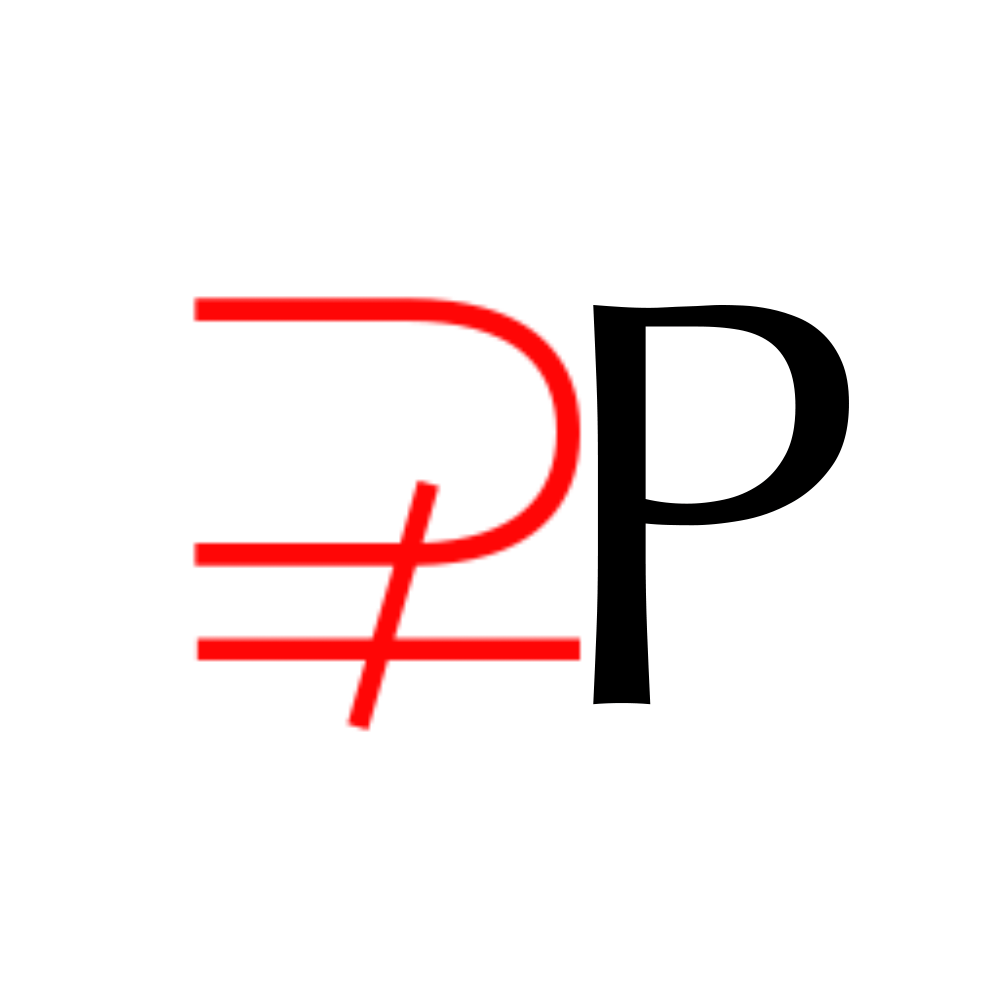
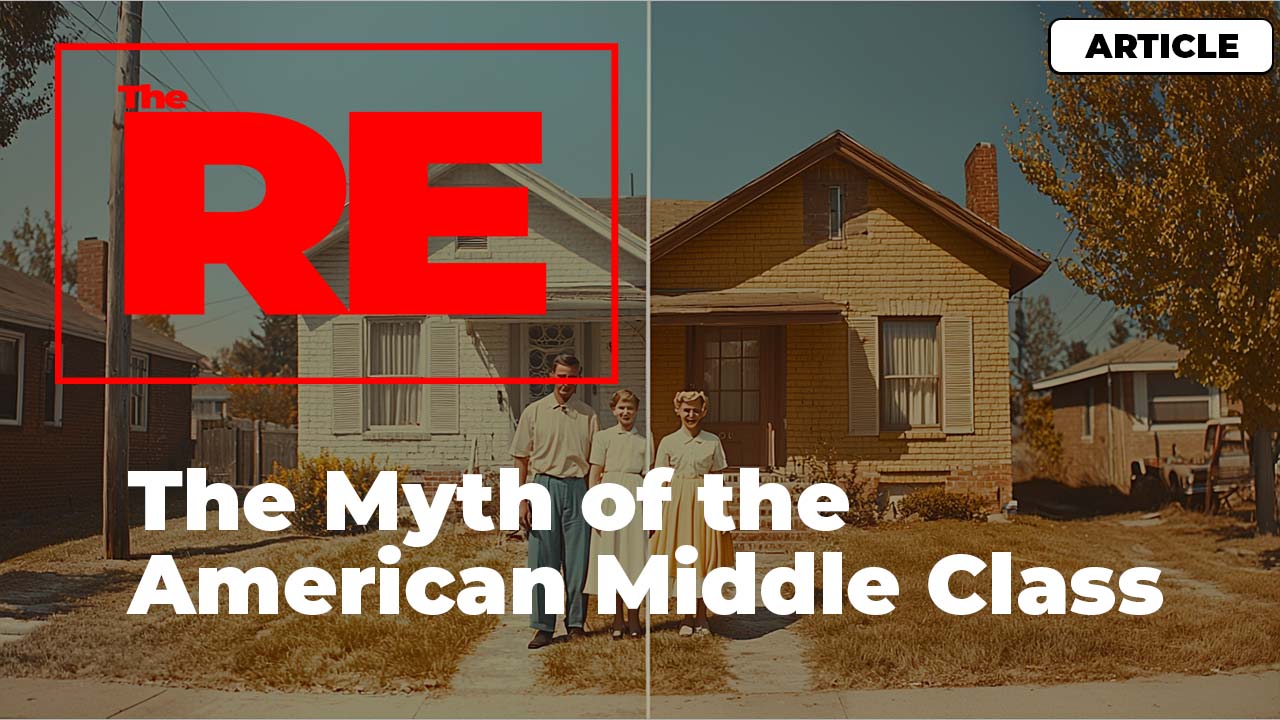
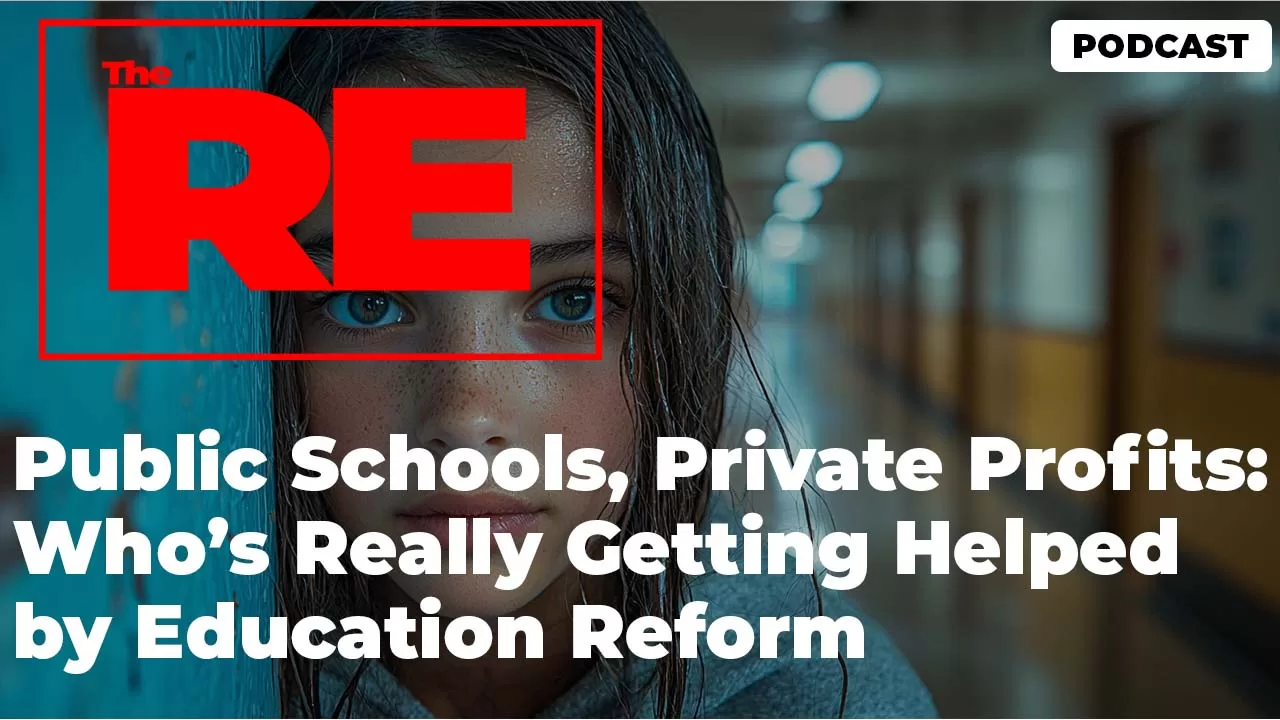
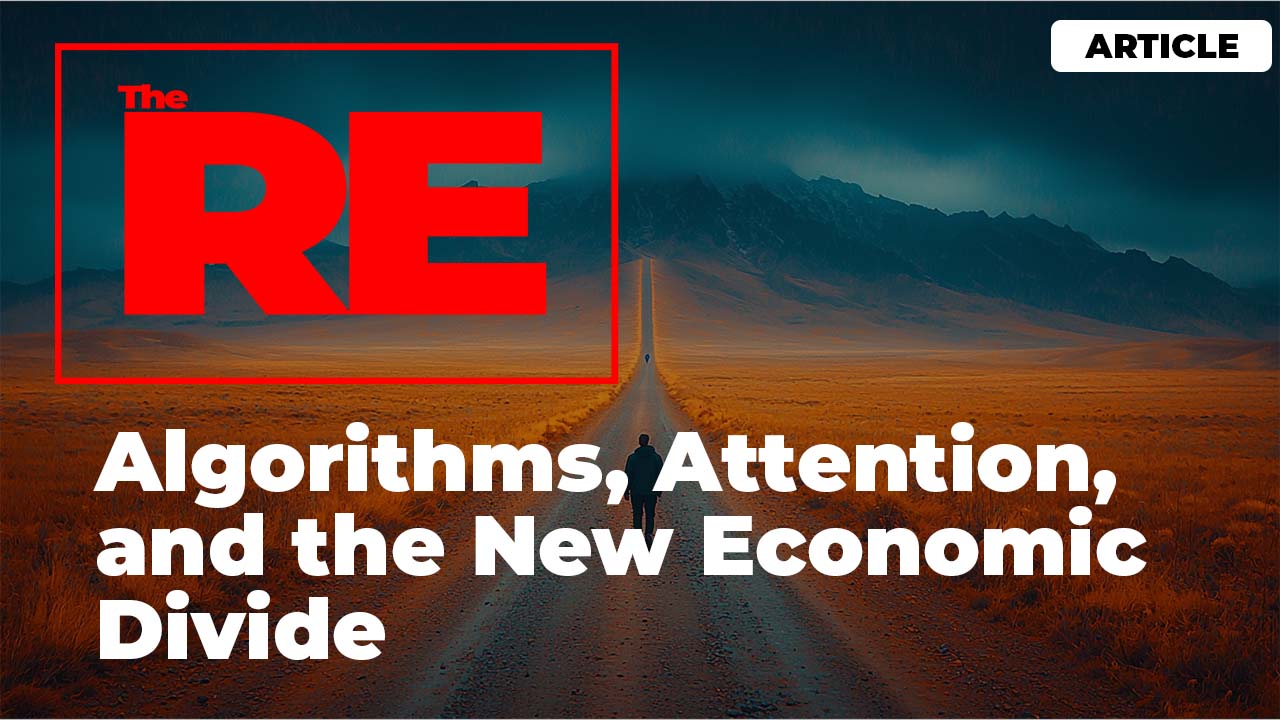
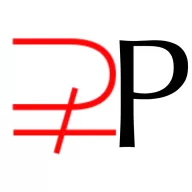
 and then
and then